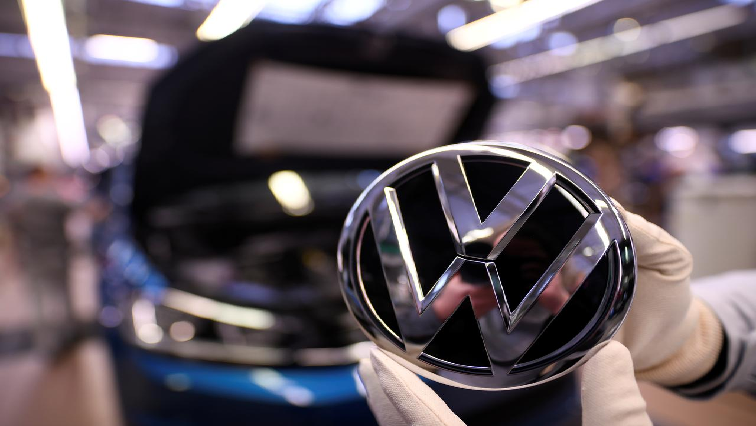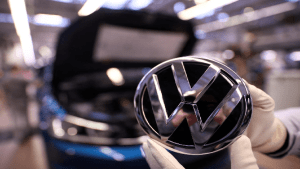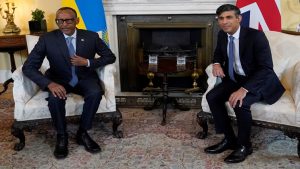Volkswagen is importing a batch of electric-powered Golf models into Rwanda for a local ride-hailing service, establishing a bridgehead in the country that it hopes to expand to other nations as it seeks to increase market share globally.
Importing the vehicles into Rwanda, which sells itself to foreign investors on its reliable infrastructure, stability and relative ease of doing business, and where VW already assembles cars, is initially intended to test infrastructure and performance in the region’s climate.
“Probably in the next 5-6 years electric car prices will come down dramatically and traditional cars will actually get more expensive, because now you need higher engine cleaning facilities and everything. When those two curves cut, when electric cars become cheaper, and they have the same range like a traditional car and you can charge them overnight and you do not have to go a petrol station for it, and then you must drive…driving is really fun, ah? So when that happens there will be a complete switch I guarantee you,” VW’s Africa boss Thomas Schaefer told Reuters.
VW, which has a global target of producing 600,000 electric cars a year by 2022, is starting small in Kigali, importing 50 eGolf models in the first few months. The vehicles – combustion-engine cars modified to run on electricity – will be integrated into the company’s app-driven “Move” service, launched last December.
German power equipment firm Siemens will build 15 charging stations in Kigali.
The company’s representatives said the stations can charge up to 80 percent of a car’s battery within an hour, although it takes around 11 hours to charge a car at home. The eGolf’s range, fully charged, is up to 230 kilometers. VW’s new ID3 models to be launched next year will have a range of 600 km.
“Alternate current (AC) charging structure where it takes a little bit longer and you can charge fully in four and a half to five hours over night, and then we have this new charger where you can charge in 40 minutes full charge, yeah. So if you for instance run out and you have a place, maybe petrol station over the city and you just need like maybe 10 minutes of charge and it gives you another 100 kilometers to go. So, yeah very simple,” said the Siemens CEO for South And Eastern Africa, Sabine Dall’omo.
Rwanda has an installed power generation capacity of 286 MW the cars would mainly charge at night, when there is an excess of power. Unlike many African nations, Rwandan electricity is relatively reliable.
Rwanda’s prime minister Edouard Ngirente said he hoped electric car use could expand, noting fuel products were Rwanda’s biggest import last year.
Schaefer acknowledged the high price of electric cars would not appeal to most African consumers, but said scaling up production and favorable government policy could help bring prices down.






